Envoyer à un ami : 
Toward a molecular biology of conscious processing : consequences for drug design
M. Jean-Pierre Changeux
Collège de France, France Dr. Jean-Pierre Changeux, born in Domont (France) in 1936, studied at the École Normale Supérieure in Paris, pursued PhD studies at the Pasteur Institute under the direction of Jacques Monod and Francois Jacob, and gained his doctorate in 1964. In 1972, he became director of the Unit of Molecular Neurobiology at the Pasteur Institute, where he received a professorship in 1975 and was elected the same year professor at the Collège de France, chair of Cell Communications. In 1988 he became a member of the Academy of Sciences and received the Gold Medal of the CNRS in 1992. Dr. Changeux has been faithful to a handful of scientific questions, at molecular, cellular and brain levels. If one needs to seek a unifying theme to all of them, it is the conviction that selection is the basis of life processes, rather than instruction. While started as separate lines of investigations, all the research threads were tied in the recent decades within the study of allosteric mechanisms as a basis for the involvement of nicotinic receptors in cognitive functions. He is currently affiliated to the Pasteur Institute (Paris).
Durée :
Supramolecular Chemistry...and beyond !!
Du au
Isis, Strasbourg
entre International de Recherche aux Frontières de la Chimie (icFRC )
On the occasion of the 50th anniversary of Labo Lehn, we are very pleased to announce an international scientific meeting on Supramolecular chemistry... and beyond!!
Outstanding plenary speakers in chemistry and other disciplines will contribute to make this event unique.
http://labex-csc.unistra.fr/supramolecular-chemistryand-beyond/

